The Supreme Court has agreed to hear an appeal by the abortion industry over the regulation of abortion clinics. One really has to wonder what the overarching Constitutional issue is that allows a state’s clear cut authority to regulate medical practice within the state to be challenged in federal court, but such is the state of federalism. The case will settle a conflict between rulings that overturned a clinic regulation law in Mississippi and upheld the same regulations in Texas.
The Supreme Court on Friday decided to hear its first major abortion controversy in nearly a decade, agreeing to determine how far states may go in regulating the procedure without violating a woman’s constitutional rights.
…
The court was asked to considerlaws from Texas and Mississippi. Abortion providers say full implementation of the Texas law would reduce from 42 to 10 the number of clinics in the nation’s second-largest state. Mississippi’s only clinic would close if that state’s law were allowed to proceed, they say.
The outcome will turn on an interpretation of the court’s ruling nearly 25 years ago in Planned Parenthood v. Casey. It said states had a legitimate interest in regulating abortion procedures but could not impose an “undue burden” on a woman’s right to terminate a pregnancy before fetal viability.
Included in the description of such a burden was “unnecessary health regulations that have the purpose or effect of presenting a substantial obstacle to a woman seeking an abortion.”
The battle lines are pretty well drawn. Four justices are completely fine with infanticide. Four are humans. Anthony Kennedy is the wild card. As usual.
He, along with now-retired Justices Sandra Day O’Connor and David H. Souter, wrote the opinion in Casey. At the time, the compromise was seen as a great victory for abortion-rights advocates because it rejected a bid by conservatives to overturn 1973’s Roe v. Wade, which recognized a woman’s right to abortion.
But Casey also acknowledged a state’s interest in protecting unborn life and regulating abortion.
Kennedy has said he is personally opposed to abortion, and in 2007 he sided with conservative justices to uphold the federal Partial-Birth Abortion Ban Act. He wrote the opinion in that case, Gonzales v. Carhart, and it is the language in that decision that has given rise to some of the new state restrictions.
The Supreme Court already has shown its divisions in earlier litigation about the Texas law. In 2014, the court refused to step in after a preliminary decision allowed the law to go into effect. The liberal justices — Ruth Bader Ginsburg, Stephen G. Breyer, Sonia Sotomayor and Elena Kagan — objected.
But in June, the court did issue a stay of a final decision by the 5th Circuit, which would have meant that the 19 clinics still operating in Texas would have been reduced to 10. This time it was the court’s consistent conservatives — Chief Justice John G. Roberts Jr. and Justices Antonin Scalia, Clarence Thomas and Samuel A. Alito — who were outvoted.
In both decisions, Kennedy’s was the prevailing vote.
So, I wouldn’t be hopeful that Kennedy’s deeply held personal beliefs, to the extent that he has any, can survive his irresistible impulse to curry favor and be popular.
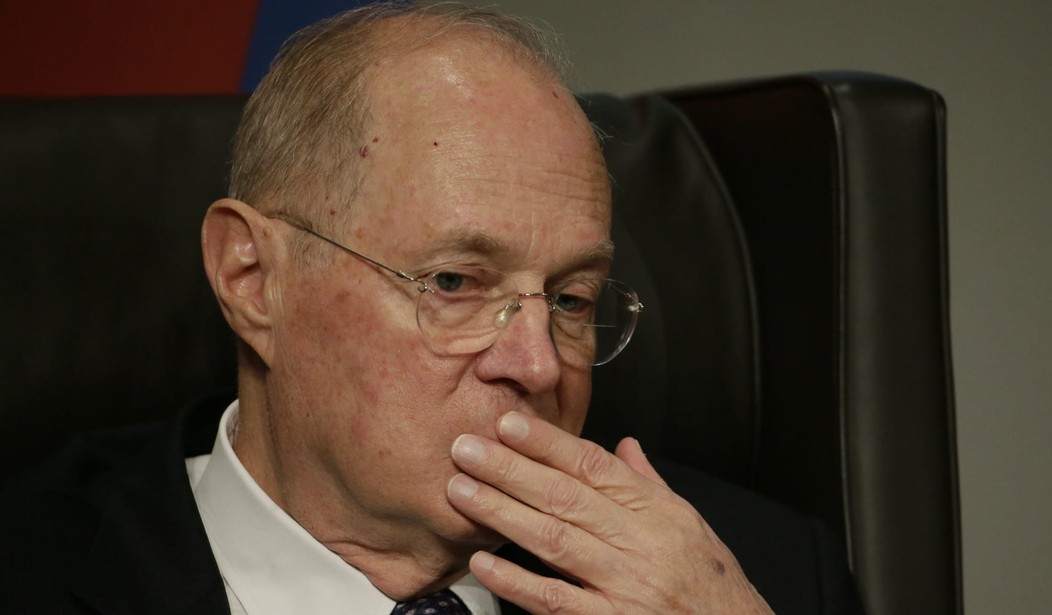







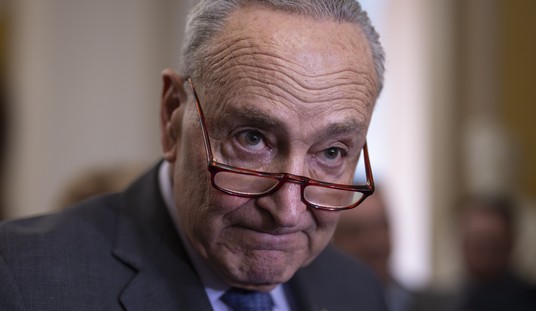

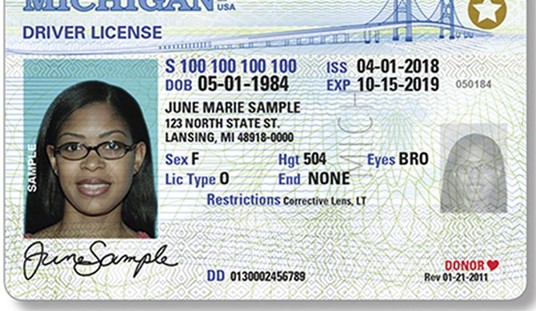

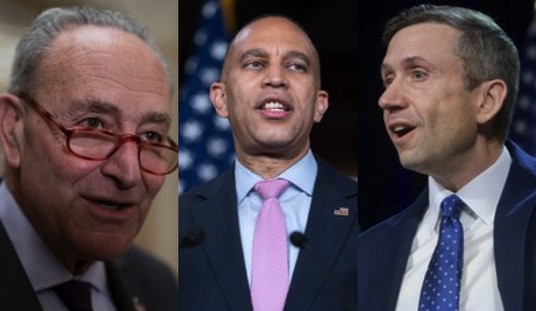

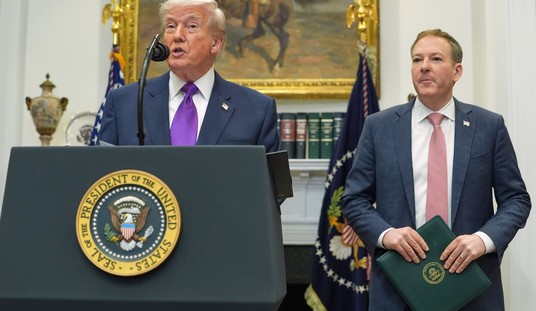
Join the conversation as a VIP Member